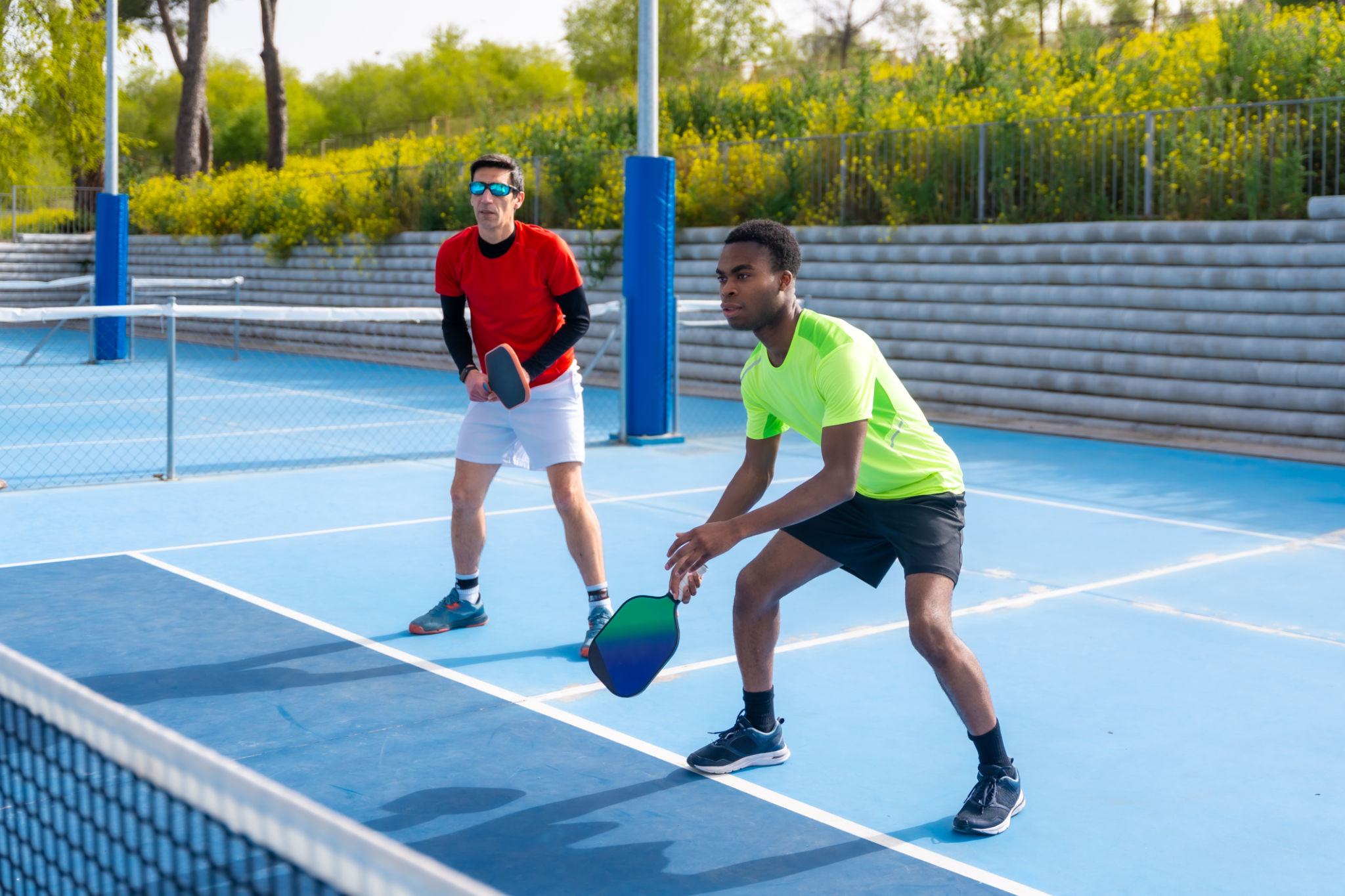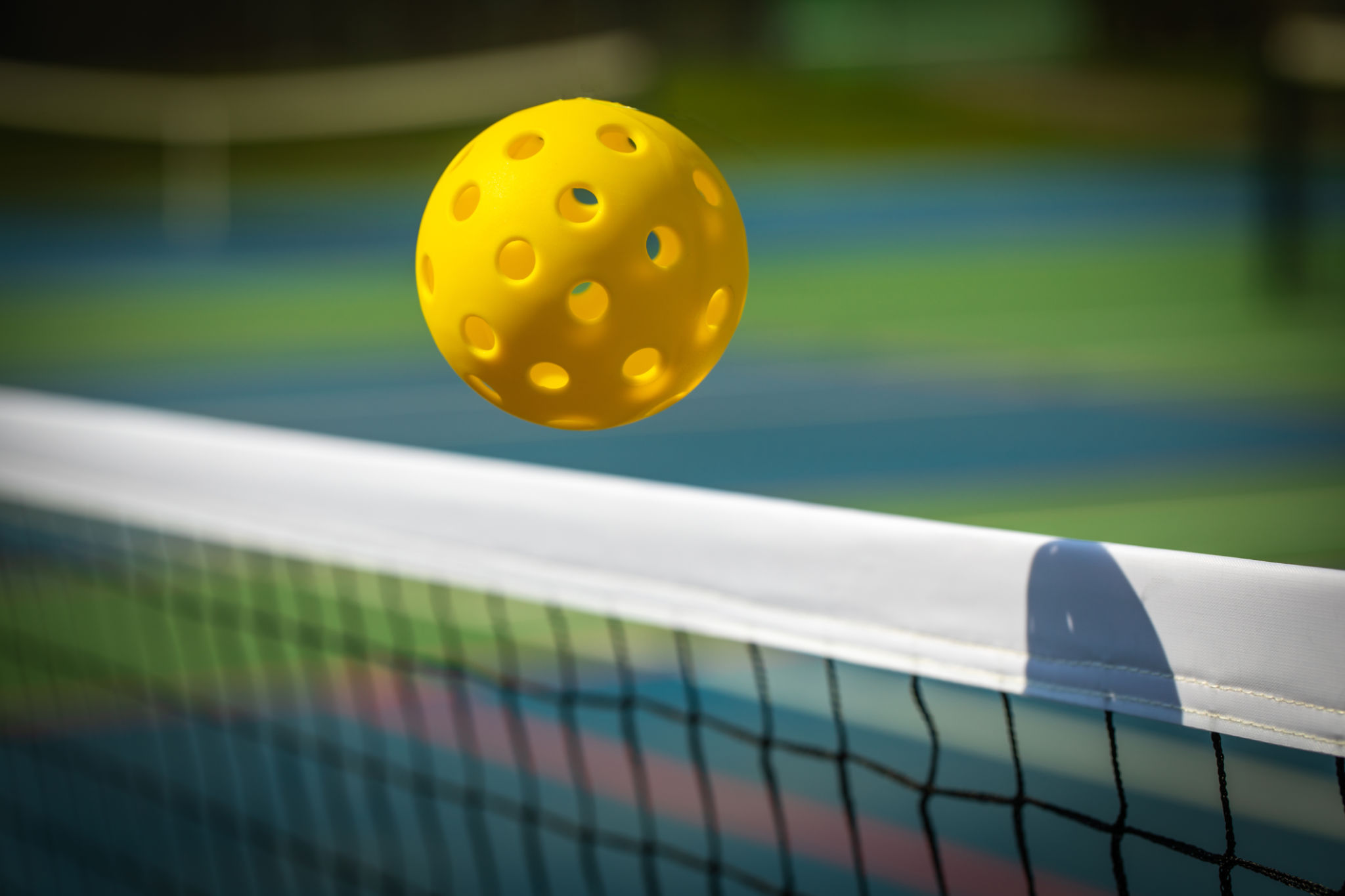The Rise of Pickleball: A Sport Bridging Culture and Competition
AP
The Unexpected Popularity of Pickleball
Once considered a niche pastime, pickleball has exploded onto the global sports scene with remarkable speed. Combining elements of tennis, badminton, and ping-pong, this dynamic sport is attracting players of all ages and skill levels. Over the past decade, pickleball has not only grown in popularity but has also become a cultural phenomenon, bridging diverse communities through its unique blend of competition and camaraderie.
The sport's accessibility is one of the key reasons for its rapid rise. With simple rules and minimal equipment, pickleball can be played by anyone, anywhere. Whether in local community centers or dedicated pickleball courts, enthusiasts are gathering to enjoy the fast-paced action and social interaction it offers.

The Origins and Growth of Pickleball
Pickleball was invented in 1965 on Bainbridge Island, Washington, as a solution to summer boredom. What began as a backyard activity has transformed into a global sport with numerous tournaments and leagues. Its growth is evidenced by the establishment of national and international governing bodies dedicated to promoting and regulating the sport.
As pickleball clubs and associations proliferate, the sport's reach extends beyond traditional demographics. Players from various cultural backgrounds are embracing pickleball, finding common ground on the court. This inclusivity is fostering a sense of community and breaking down barriers, making pickleball much more than just a game.

The Competitive Edge
While pickleball is lauded for its social aspects, it also offers a competitive edge that appeals to athletes seeking a challenge. The sport's tournaments draw players from around the world, each vying for supremacy in singles and doubles categories. The competitive nature of pickleball is matched by its demanding physical requirements, providing a robust workout that enhances agility, balance, and coordination.
Professional pickleball is gaining traction with sponsorships and televised events, elevating its status within the sports community. As more athletes transition from other sports to pickleball, the level of competition continues to rise, pushing players to refine their skills and strategies.

Pickleball as a Cultural Bridge
Beyond competition, pickleball serves as a cultural bridge, connecting people from different walks of life. The friendly nature of the game encourages interaction and cooperation among players, fostering friendships and understanding across cultures. This aspect of the sport is particularly significant in today's world, where social connections are more important than ever.
Community events and social gatherings centered around pickleball are becoming commonplace, offering opportunities for cultural exchange and mutual appreciation. Whether playing casually or in organized events, participants experience the joy of shared moments on the court.
The Future of Pickleball
Looking ahead, the future of pickleball appears bright. With its growing popularity and expanding reach, the sport is poised to become a staple in athletic communities worldwide. Innovations in equipment and court technology are likely to enhance the playing experience further, attracting even more enthusiasts.
As pickleball continues to evolve, it will undoubtedly maintain its role as a sport that bridges culture and competition. By bringing people together through play, pickleball offers not only a means of physical activity but also an avenue for cultural connection and personal growth.